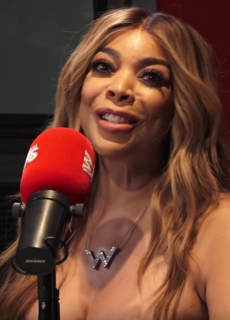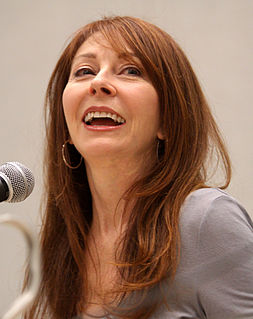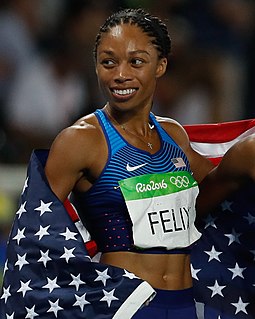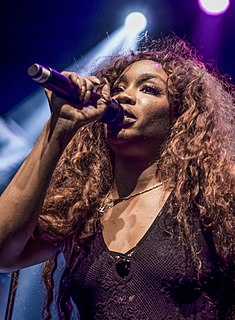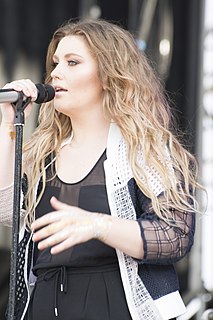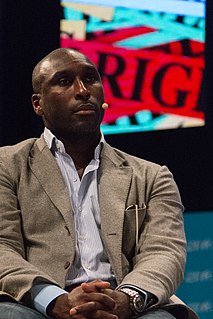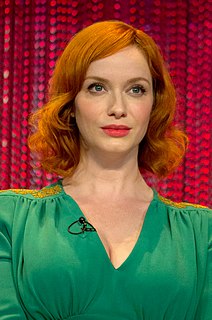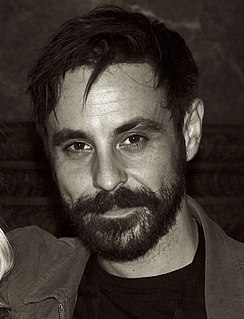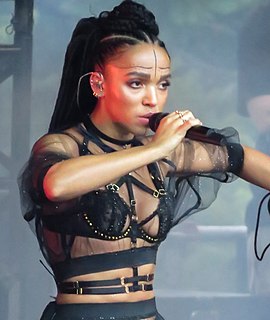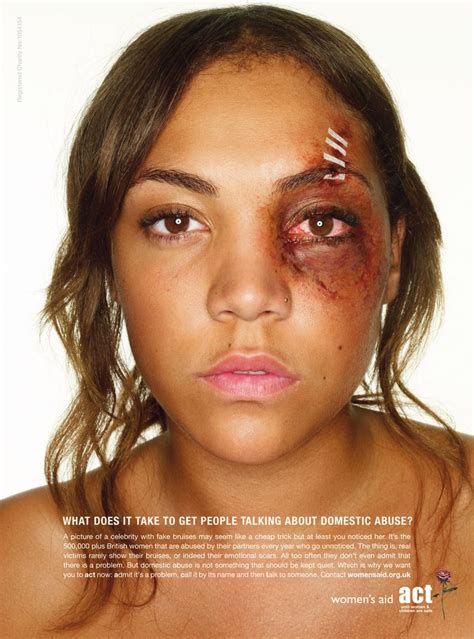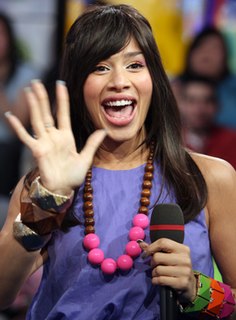A Quote by Alesha Dixon
I was the only mixed-race girl in my school, but for me, that was a positive thing; it made me unique. If it wasn't for spending time with the black side of my family, perhaps I may have felt like an outcast, but I never did.
Related Quotes
People come up to me at conventions and say, 'I was such an outcast, I felt like such a geek, and when I saw you, you made me feel like such a normal person.' It's my favorite thing to hear, because that's how I felt when I was a kid. If Goth would've been around, I would've definitely been Goth. But there wasn't such a thing, so I was just weird.
It felt as if we'd been to war together. Deep in a jungle, alone, I had relied on them, these strangers. They'd held me up in ways only people could. When it was over, an ending never felt like an ending, only an exhausted draw, we went our separate ways. Be we were bonded forever by the history of it, the simple fact they'd seen the raw side of me and me of them, a side no one, not even closest friends or family had ever seen before, or probably ever would.
There was a race that I was running in Mexico City and I was the only high school athlete running against grown women. It was a professional race, but I ended up winning. That was kind of a turning point for me where I felt like, "Okay, I'm pretty good at this and there's a possibility for this to be a career for me." That was a defining moment for me.
When I heard 'Back to Black' from Amy Winehouse, I was, like, 'Wow.' To hear such a soulful voice that feels like it's from a different era, I mean, it felt so fresh and unique, and that was something that opened my eyes and made me believe that it's not always about churning out the same thing in this industry.

